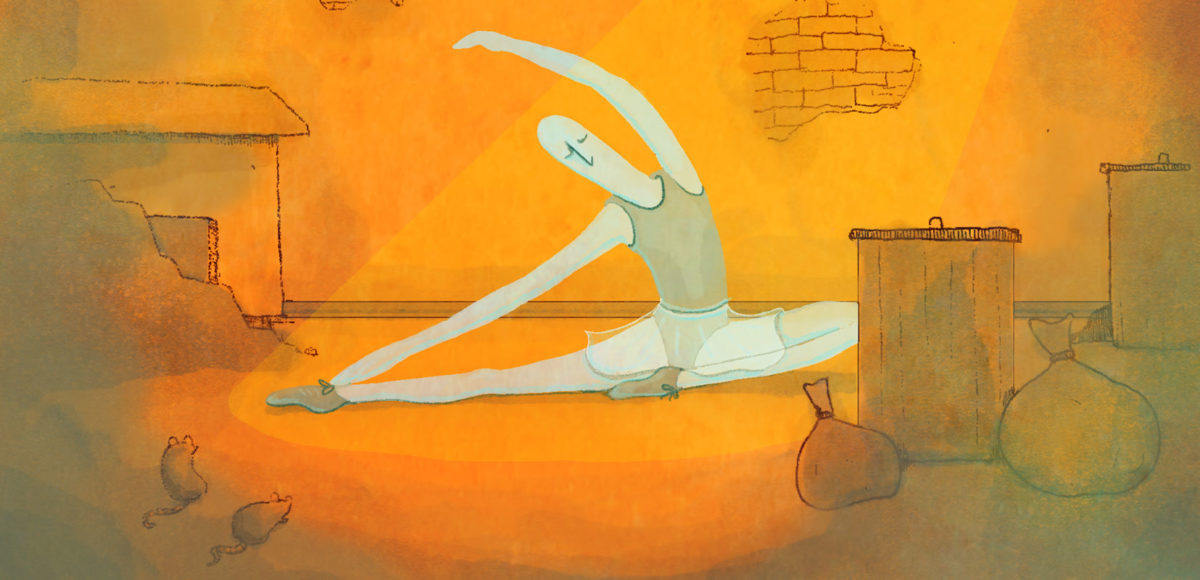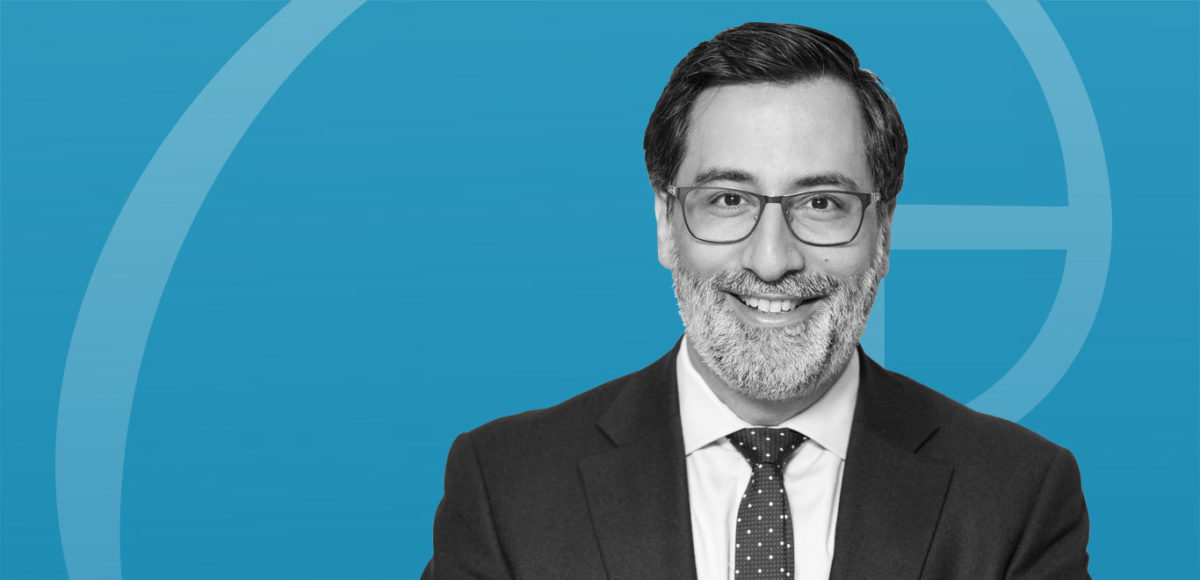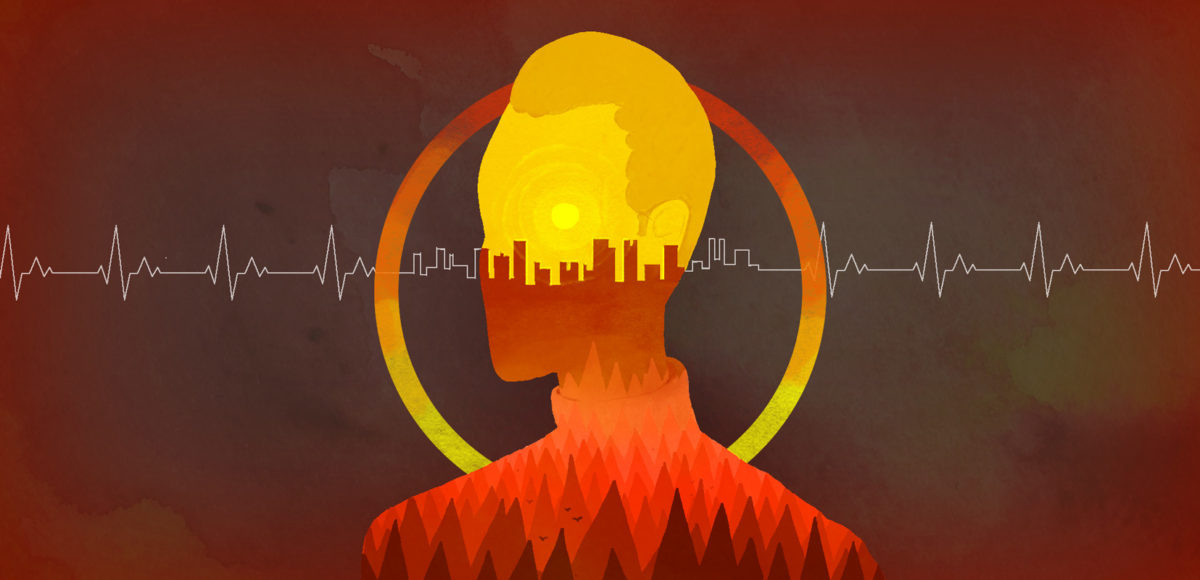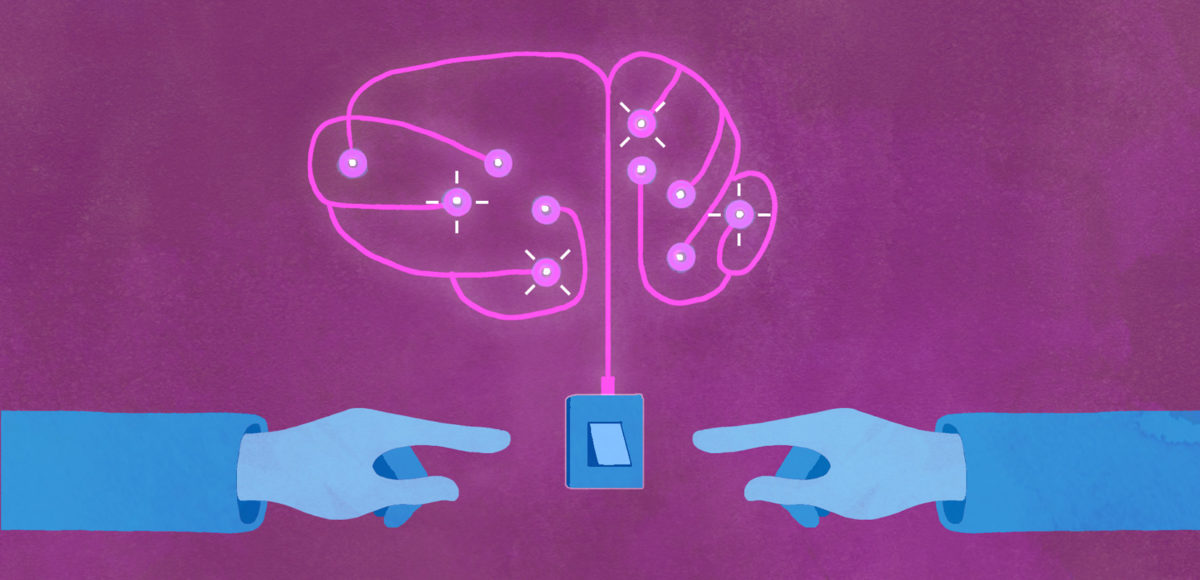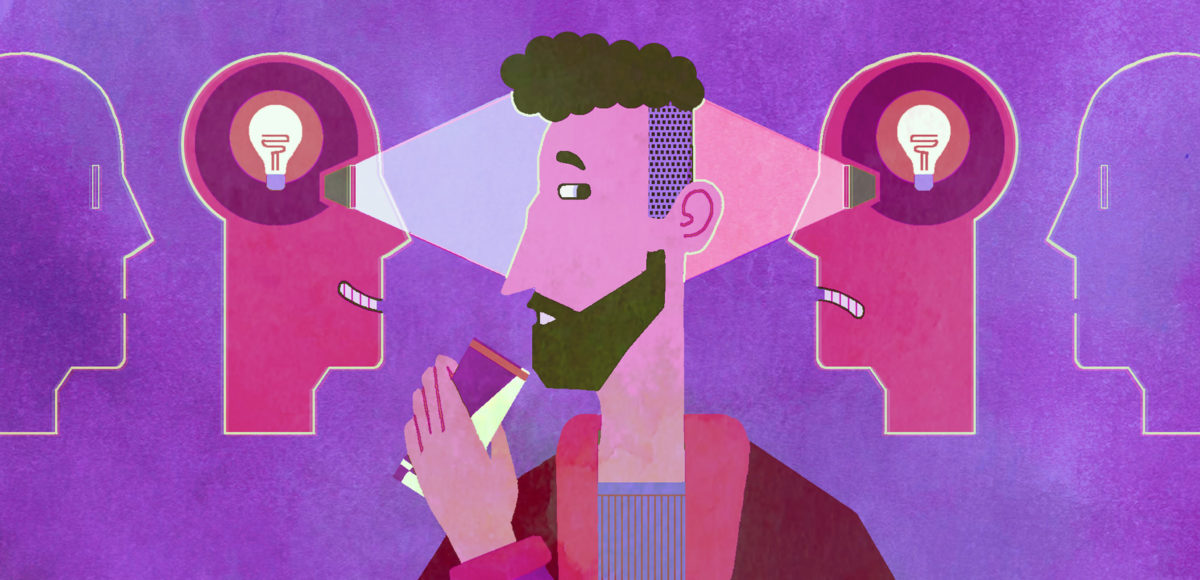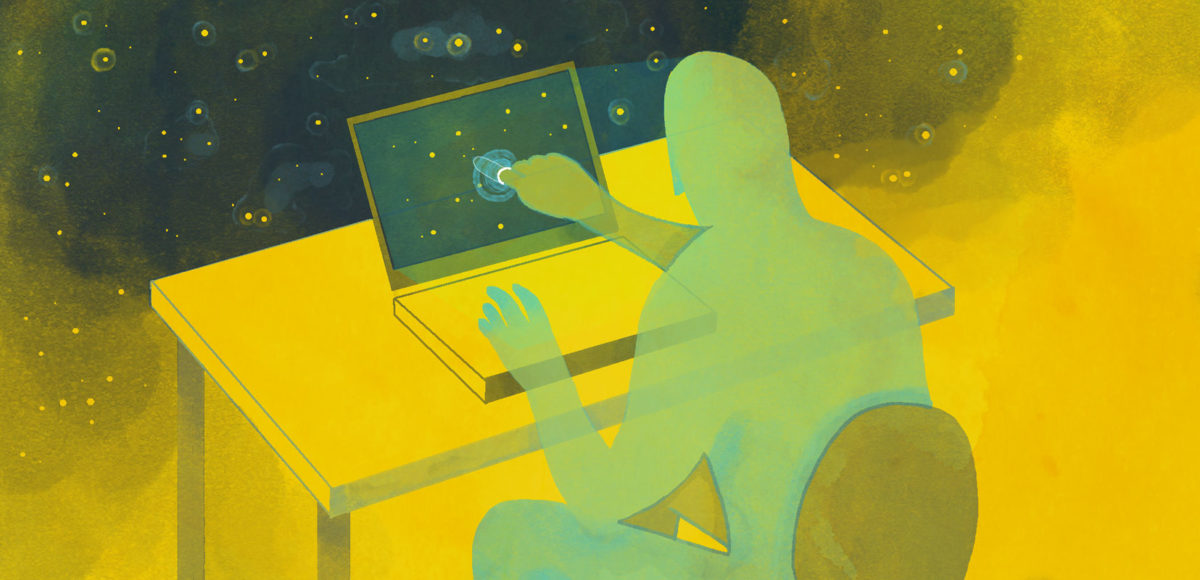By Gene Grossman
Many individuals today cast their votes contrary to their personal, materialistic interests. We introduced into a voting model the idea that one’s interest in the voting booth include not only one’s own consumption and income, but also the well-being of groups in society with which one the voter identifies. We consider that the well-being of groups enters each person’s utility as a psychosocial component” alongside material well-being. Those we use a broad concept of utility and voting is based on this broader concept. We consider voters to be fully rational once this broader concept of well-being is considered.
Social identity theory teaches us that humans are social creatures and our self-esteem is affected by the groups with which we identify. People make their own choices of identity: I might see myself as a New Jerseyian and as an academic, an economist and a Jewish professor. I can see myself with many identities or few, with narrow groups or broad. The different categorizations in society allow us to frame our own existence within a social context. This self-caterogization depends on the social and economic environment and can change over time. For example, workers might have seen themselves in the recent past as the working class and as “Americans”. But now that society has become more cleaved along racial lines, perhaps they see themselves more narrowly as white workers, rather than as part of the working class.
We assume that besides the direct economic welfare that you get from consuming goods yourself, the wine you drink, the movies you attend, one receives a psychic benefit but pays a psychic cost from these associations with groups. The benefit is that if the groups with which one associates have a high status in society, one feels good about oneself. I am a professor; professors are welcomed and well-respected. Therefore, I feel good about myself because I am a professor. So, therefore anything that makes professors better off, even if it doesn’t make me personally better off, will boost my self-esteem and my self-regard.
Then there is a counter-balancing element. If my self-esteem is based on seeing myself as part of a group, and if I am very different from other members of the group, I may suffer “cognitive dissonance”; that is, I may worry about myself and wonder why I am different from the others.
The benefit is that if the groups with which one associates have a high status in society, one feels good about oneself.
Identity is a choice, I am free to identify and think of myself any way that I want. If I wanted to imagine myself as a French ballerina, nobody could stop me from thinking of myself that way. If French ballerinas have high status in society, I might feel good about thinking of myself as a member of that prestigious company. The obvious problem is that my French is only so-so and my pliés are really embarrassing. I would question myself as a French ballerina from being so different from the prototype. This would harm my self-esteem, in fact so much so, that I choose not to see myself as a French ballerina.
We build a model to try to understand the forces that determine trade policy. In our model, we have two kinds of workers. First, we have skilled workers who benefit materially from open trade and who can identify with their social class, i.e., as “elites.” Second, we have less-skilled workers who benefit materially from import protection and who can self-identify as “working class.” In addition, either or both skill types can choose to identify as “American”, a broader group that includes all members of the American society. If a worker chooses to see himself or herself as “American,” he or she receives psychic benefits when America does well economically, so he or she benefits from trade policy that enlarges the economic pie. At the same time, he or she suffers cognitive dissonance from being different from the average America so he or she pays a cost from any trade policy that makes the spread of incomes between skill groups greater.
We now imagine that all individuals make their identity choices and then go to vote. We show that if both skill levels identify narrowly—that is, only with their own social class—the outcome is a trade policy of free trade. The working class favors protection and the elites oppose it, and these forces just offset one another. However, if one or both groups identify more broadly as Americans, the outcome is positive tariffs. The tariffs raise the unskilled wages relative to the skilled wages, so narrow the income inequality. The material benefit to the unskilled just offsets the material harm to the skilled in the electoral calculus of the politicians. But the tariff reduces cognitive dissonance for those who identify broadly, which tilts the outcome in favor of protection. In other words, our model can explain some amount of protectionism as a political outcome once we introduce social identity as part of utility and under circumstances where some groups identify broadly as Americans.
Then we study something we call a “populist revolution.” A populist revolution, as we see it, is a narrowing of identity by the working class. Before the revolution, the working class identifies broadly as Americans, as well as narrowly as middle class. After the revolution, the working class rejects their association with the broad society and identifies more narrowly only as working class. In other words, the working class rejects their association with the elites, who they no longer consider to be like themselves.
In the model, what triggers a change in identity is a spread in the income distribution. It doesn’t really matter what the cause of that spread in the income distribution is. It could be skill-bias, technological change (technology that favors those with skills, like computers or robots), or competition with China. As the income distribution spreads, Wall Street is making a seven or eight-digit salary and drinking hundred-dollar bottles of wine. Meanwhile, the working class in Detroit or Pittsburgh is not doing so well. It just becomes harder for the factory workers to see themselves as part of a broad identity group that includes the top 1%.
The change in income distribution has been very, very obvious in the United States, as well as in Europe, China, and other parts of the world. What is not in the model is the direct role of politicians. Trump, Le Pen, and others have stoked it for politically opportunistic reasons by making more salient certain differences in society. Race being the most obvious in the United States and in Europe, the difference between natives and immigrants. If politicians think they can benefit from this populace, they will help parts of society reject other parts of society by making those differences more obvious.
While the GDP has risen over the last 25 years, household income has stagnated, or even deflated over time. That is one of the cores at the shift of identification. In an era where everybody is more or less the same but some are a little better or worse off, it is possible to see oneself in the same boat with the rest of one’s fellow citizens. But when the differences become too large, it just becomes uncomfortable to identify more broadly.
Our model predicts that a populist revolution will affect voter preferences among the working class and therefore it will affect the political outcome. In particular, a populist revolution can generate a sharp increase in protection. If the working class narrows their identity to exclude the elites, they will no longer take pride in the well-being of the average American so no longer temper their demands for protection in view of the harm such tariffs impose on their fellow (richer) Americans. Broad identification tempers all voters’ preferences for policies that benefit themselves at the expense of others. When identification narrows, the moderating effect on preferences is gone, and voters become more selfish. When it is the working class that rejects their identity as Americans, their preference for protection intensifies.
While the GDP has risen over the last 25 years, household income has stagnated, or even deflated over time. That is one of the cores at the shift of identification.
In the forgone days in the 1960s or 1970s, a Michigan autoworker might have voted for anything that made America stronger, or at least would have taken the effect on America into account when forming a political preference. Now, that same Michigan autoworker may care only about himself or herself and others in the same social class. The adverse effect of tariffs on the elites might have tempered his or her preferences in the past, but that is no longer the case. As a result, he or she is more inclined to vote for a politician that offers protection. Even though the skilled workers in Silicon valley may still oppose it, the offsetting political forces have shifted against trade.
Part of the story of the American dream was always a fiction, but it had some elements of truth to it. There was significantly more social mobility in the past than there seems to be now. With the loss of social mobility has come a narrowing of identification. We feel this is an important part of the story for understanding the change in attitudes toward globalization and trade.

 | Technology, AI and ethics.
| Technology, AI and ethics.

